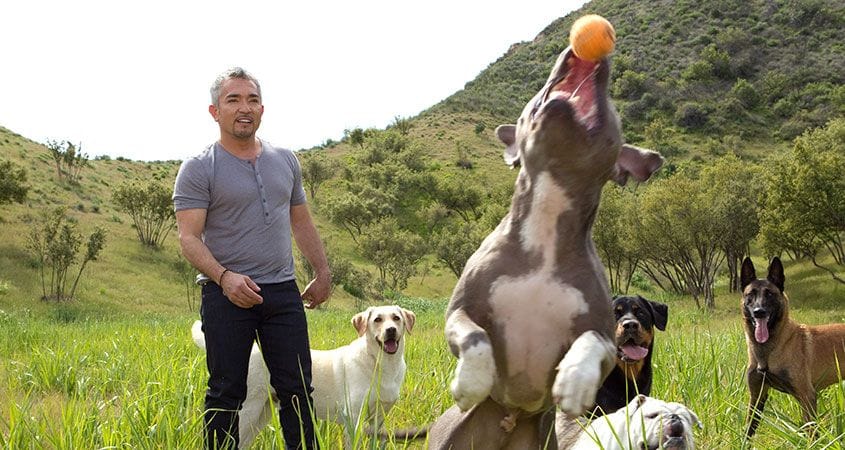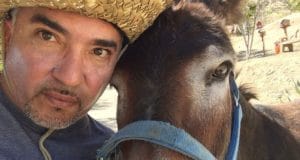Happy Labor Day! In the U.S., this holiday marks the unofficial end of summer. Even though there are still about three weeks to go, this is the time when everyone mentally switches gears. School is starting up again and everybody is coming back from vacation. Soon, the days will get shorter and the weather colder and it will be time for Halloween, the holidays, and 2017 before we know it.
If you look at the word “labor,” though, you’ll find that it has several meanings. A holiday in its honor is a good time to remind ourselves how our dogs approach the subject — and how we should approach it as well. So the first question is, “What does ‘labor’ mean to you…?”
According to the dictionary, labor can mean “to toil” or “to exert,” both of which seem a bit negative. It can also mean “to strive for” — making an effort toward a specific goal. So when some people see the word, they think of hard work and an unwelcome chore. When others see the word, they think of something to do to achieve a goal.
Oddly enough, the definition of labor that applies has everything to do with the mindset and energy you approach it with. What you expect is what you’re going to get.
I discuss this in my Cesar Live shows all the time when I describe people walking their dogs and trying to master it. What people get out of the walk is exactly what they expect going into it, and it’s amazing how often expectation equals outcome.
Look at these two ways of phrasing it and see if you can tell how each walk is going to turn out:
“I have to go walk the dog.”
“I’m going to walk the dog.”
The first one, of course, is an obligation. This is labor as toiling or exertion. You don’t want to do it, but you have to do it. I have to report for jury duty. I have to drive my sister to the airport. I have to get a root canal.
Generally, when the sentence begins with “have to” it’s because the last half is something the speaker sees as unpleasant, but if you make it an obligation, you can perceive anything as unpleasant when it might not necessarily be: I have to take my nephew to his soccer game. I have to bring something for office pot luck.
I have to go walk the dog.
The second one is a statement of fact, but can also indicate something much more pleasant — a task you want to do in order to achieve a goal. “I’m going to walk the dog.” Maybe it’s just for the exercise, or because the dog needs to pee, or because you’re both going down to the dog friendly café on the corner. No matter what it is, thinking of labor this way puts all of the control in your hands. You are going to do something. The obligation of having to do something is gone.
I’ve also explained many times how dogs need jobs to feel fulfilled, so see if you can guess how dogs approach the concept of labor. To a dog, it never has to do a job but it’s also never going to do a job. When the job comes up, the dog does it until it’s done. That’s one of the advantages of living in the moment. To a dog, labor is a state of being, the same as eating or sleeping. It isn’t a means to an end and it isn’t an obligation
And this is why a dog with a job feels fulfilled and why a dog can seem so ridiculously happy when you put a backpack on him, or let him loose in a field full of sheep. He doesn’t have to carry the backpack around and he isn’t going to herd the sheep. He’s doing whatever activity he’s engaged in right now, and that’s the source of his happiness.
If you celebrate any part of the Labor Day weekend by getting together with friends for a picnic or barbecue or any other fun activity, look at it the way your dog would — something fulfilling you’re doing in the moment. And, when you return to the post-summer working world after the holiday, if you’re going back to a job, look at it the same way — neither an obligation nor a means to an end, but an adventure.
Stay calm, and fulfilled!











